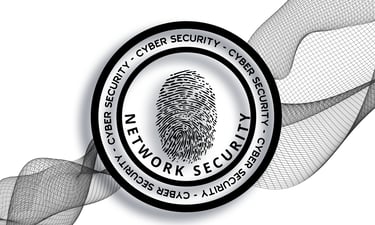Advanced Network Security Course


Understand core network security concepts
Identify and analyze network threats
Perform scanning and vulnerability testing
Configure and test security systems
Monitor and troubleshoot network performance
This Advanced Network Security course equips learners with practical skills to secure, monitor, and assess network infrastructures against modern cyber threats. Participants gain hands-on experience with industry-standard tools to perform network scanning, vulnerability assessment, intrusion detection, and penetration testing, while also learning firewall configuration, IDS/IPS implementation, network analysis, and troubleshooting to effectively identify risks and strengthen network defenses.
Course Objectives:


Who is this course for?
Network administrators and system engineers responsible for securing IT infrastructure.
Cybersecurity professionals and ethical hackers seeking practical skills in network defense and penetration testing.
IT support technicians and students in computer science or information technology aiming to build a foundation in network security operations.
Pre-Requisites:
Basic understanding of computer networks and operating systems.
Familiarity with TCP/IP concepts and general IT infrastructure.
Prior exposure to command-line interfaces and networking tools is recommended but not mandatory.
Delivery Mode
Classroom And Online
Learning Style
Real life scenarios
Covers multiple aspects of IT Security
